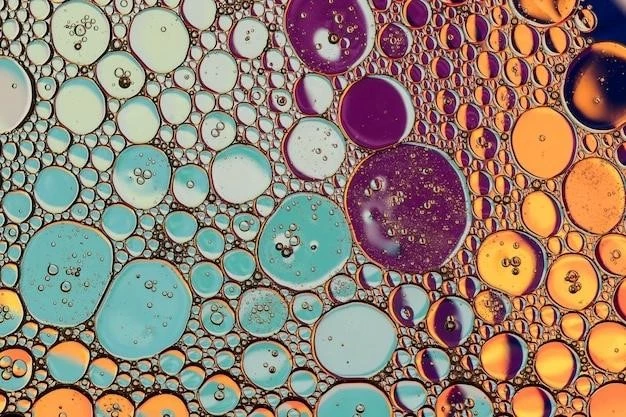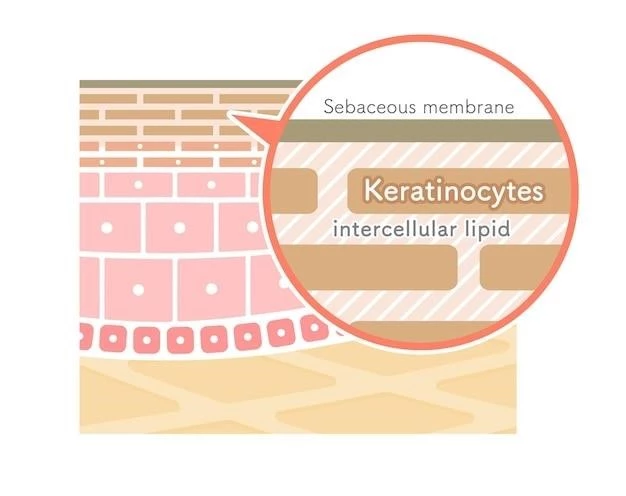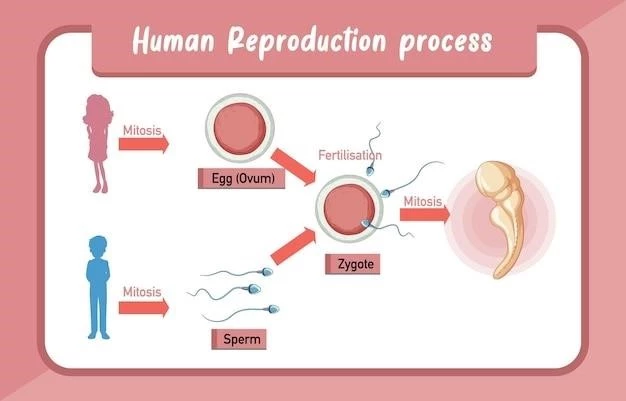Introduction to Poikiloderma hereditary acrokeratotic Weary type
The condition known as Poikiloderma hereditary acrokeratotic Weary type is a rare genetic disorder affecting the skin. This article aims to provide a comprehensive overview of this disease.
Definition and Overview
Hereditary acrokeratotic poikiloderma Weary type, also known as Kindler Syndrome, is a rare genetic skin disorder characterized by skin fragility and blistering. This condition usually presents in infancy with distinct clinical features affecting the hands and feet.

Symptoms and Diagnosis
Common symptoms of Poikiloderma hereditary acrokeratotic Weary type include skin fragility, blistering, and distinct clinical manifestations on the hands and feet. Diagnosis is typically confirmed through genetic testing and clinical examination.
Individuals with Poikiloderma hereditary acrokeratotic Weary type may experience the formation of vesicopustules on the hands and feet, eczematoid dermatitis, and the development of poikiloderma with atrophy. The condition typically has an infantile onset and variable clinical presentations.
Diagnostic Process
Diagnosing Poikiloderma hereditary acrokeratotic Weary type typically involves a thorough clinical examination to assess the distinctive symptoms such as vesicopustule formation, eczematoid dermatitis, and poikiloderma with atrophy. Genetic testing plays a crucial role in confirming the diagnosis of this rare genetic skin disorder.
Treatment Options
Management strategies for Poikiloderma hereditary acrokeratotic Weary type typically focus on symptom relief, skin protection, and monitoring for potential complications. Medical interventions may involve topical therapies and specialized care.
Clinical Manifestations
Individuals with Poikiloderma hereditary acrokeratotic Weary type may present with unique clinical features, including vesicopustule formation on the hands and feet, eczematoid dermatitis, and the development of poikiloderma with atrophy. Symptoms usually appear in infancy and can vary in severity.
Therapies and Management Strategies
Individuals with Poikiloderma hereditary acrokeratotic Weary type may benefit from a multidisciplinary approach that includes skin protection measures, topical therapies, and regular monitoring for any potential complications. Collaborating with dermatologists and genetic specialists can help tailor a comprehensive management plan to address the unique needs of each individual affected by this condition.

Genetic Aspects
Understanding the genetic component of Poikiloderma hereditary acrokeratotic Weary type is essential for diagnosis and effective management. Genetic testing is crucial in identifying the specific gene associated with this rare inherited skin disorder.
Inheritance Pattern
The inheritance pattern associated with Poikiloderma hereditary acrokeratotic Weary type typically follows an autosomal dominant pattern, where a single copy of the altered gene in each cell can lead to the condition. Understanding the inheritance pattern is crucial for genetic counseling and family planning decisions for affected individuals and their families.
Gene Associated with the Disease
The genetic basis of Poikiloderma hereditary acrokeratotic Weary type involves alterations in specific genes associated with the condition. Understanding the gene involved is essential for accurate diagnosis, genetic counseling, and potential future targeted treatments.
Specialists and Research
Experts specializing in Hereditary acrokeratotic poikiloderma, Weary type have extensive knowledge in this rare genetic skin disorder. They are involved in research, clinical trials, and genetic counseling to enhance diagnosis and treatment options for affected individuals.
Key Experts in the Field
Experts specializing in Poikiloderma hereditary acrokeratotic Weary type have valuable insights into this rare genetic skin disorder. These experts have conducted research, participated in clinical trials, and provided genetic counseling, contributing significantly to the understanding and management of the disease.
Current Research and Clinical Trials
Ongoing research and clinical trials related to Poikiloderma hereditary acrokeratotic Weary type focus on understanding the underlying genetic mechanisms, exploring potential therapeutic interventions, and improving diagnostic methods. By participating in research studies and clinical trials, individuals with this rare genetic skin disorder can contribute to advancing knowledge and developing more effective treatment strategies.
